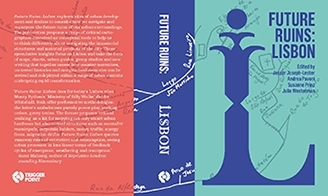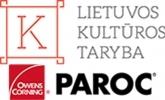Jaspar Joseph-Lester_VIRTUAL LECTURE - Trigger Point: Can Art Prefigure Urban Life?
Regeneration [and its Discontents]
Art has the ability not only to represent reality but also to shape and give form to it. From novels to painting and direct creative interventions, imaginative renderings of the city enact and render glimpses of urban futures in the present. This talk will explore the relation between art and urban futures. I will be asking: can creative practice work to prefigure urban life? How can practitioners working towards constructing urban futures benefit from the critical and creative engagements with the city? What are the points of interface where creative practitioners can assist in shifting material realities? More broadly, are artistic interventions bounded by the relation between beautification and gentrification? Can this dichotomy be exploded by art?
LINK TO THE VIRTUAL LECTURE -> YouTube

Jaspar Joseph-Lester is interested in the creation and curation of art works. Influenced by architecture, design, urban planning, human geography, philosophy, cinema, media, spatial and economic theory Joseph-Lester explores the dissemination of competing ideologies in the practices of modern urban regeneration and social organization. Here Joseph-Lester seeks to show how artistic practices can diminish and transform the influence of repetitive master plans and regeneration schemes that often destroy urban cultural life.

Future Ruins: Lisbon, explores sites of urban develop¬ment and decline to consider how we navigate and repurpose the future ruins of our urban surroundings. The publication proposes a range of critical cartographies conceived as conceptual tools to help us to think differently about navigating the immaterial structures and material products of the city. These speculative insights focus on Lisbon and take the form of maps, charts, urban guides, group studies and new writing that together assess how counter-narratives, contested histories and marginalised memories can be revived and redeployed within a range of urban contexts undergoing rapid transformation.
